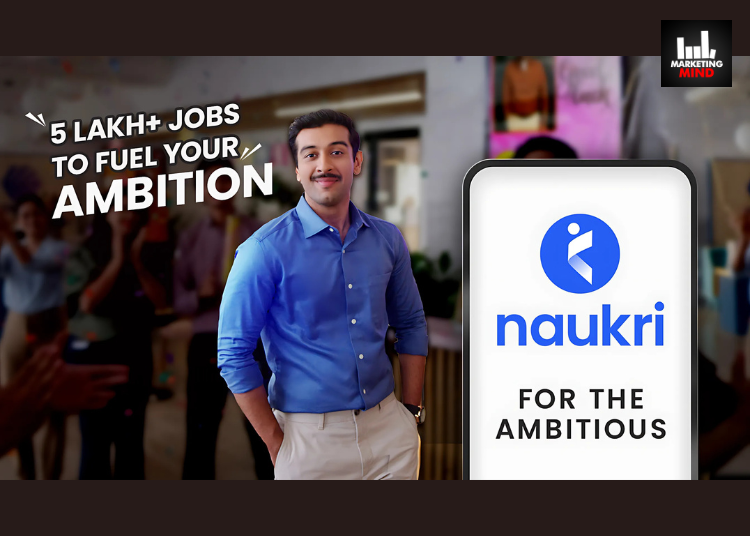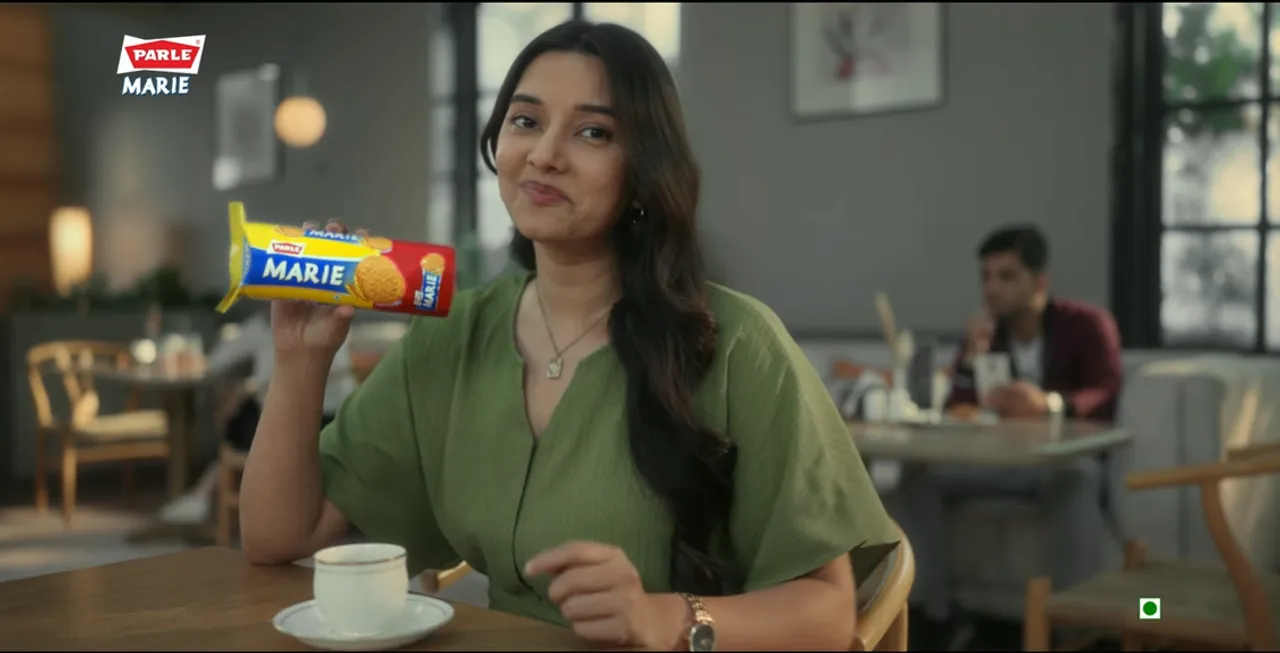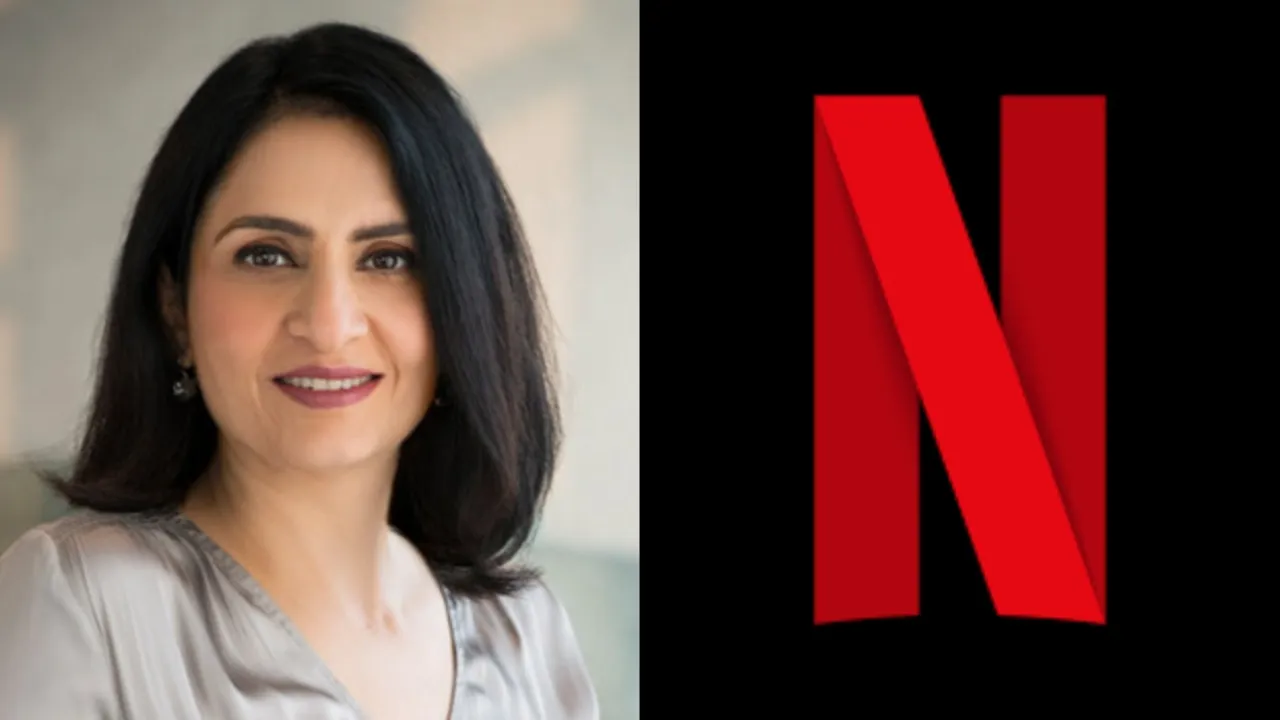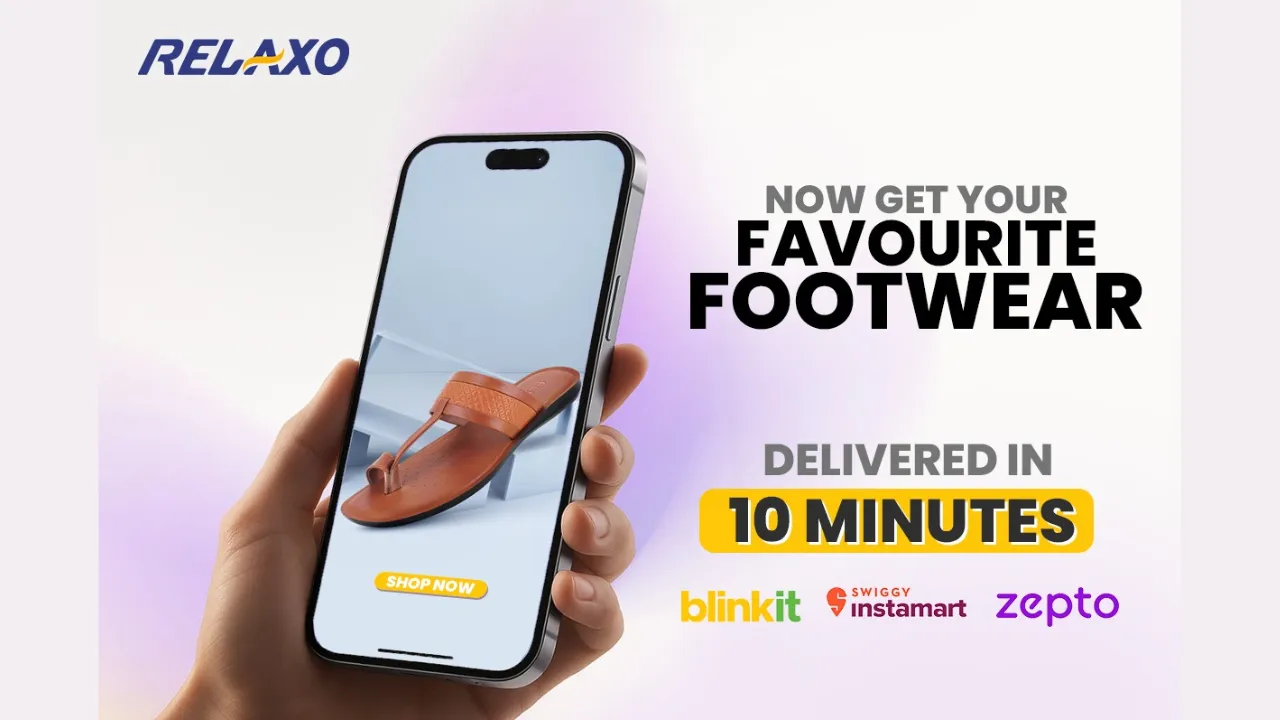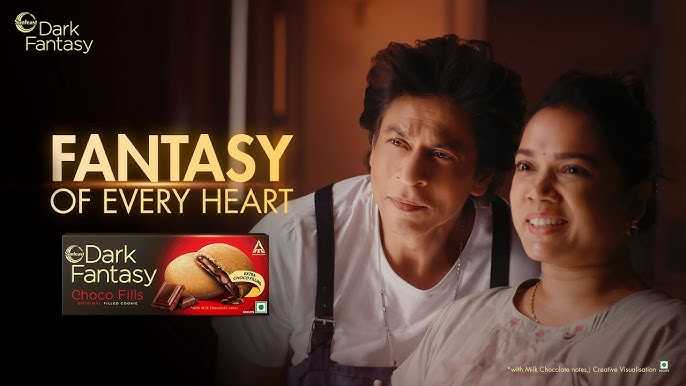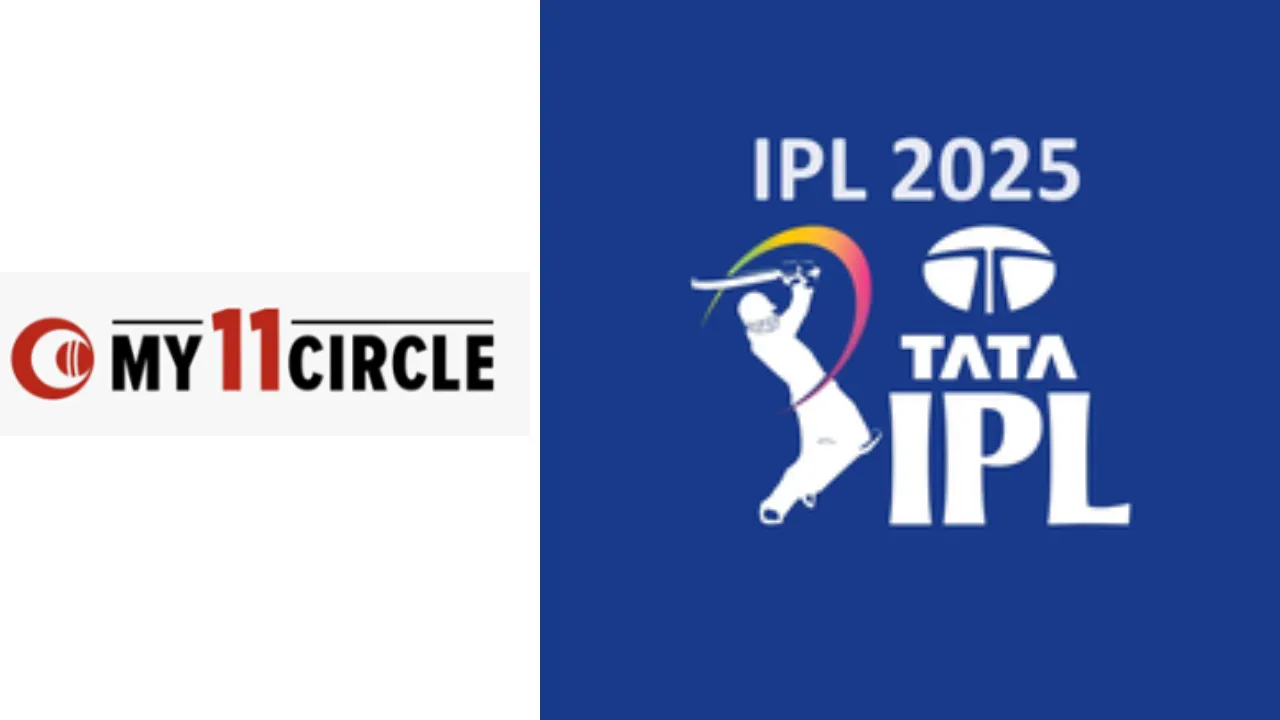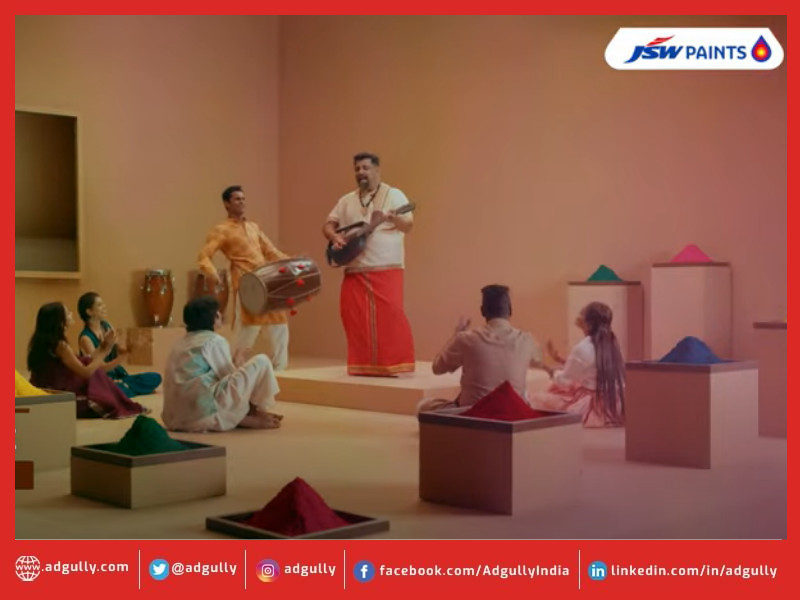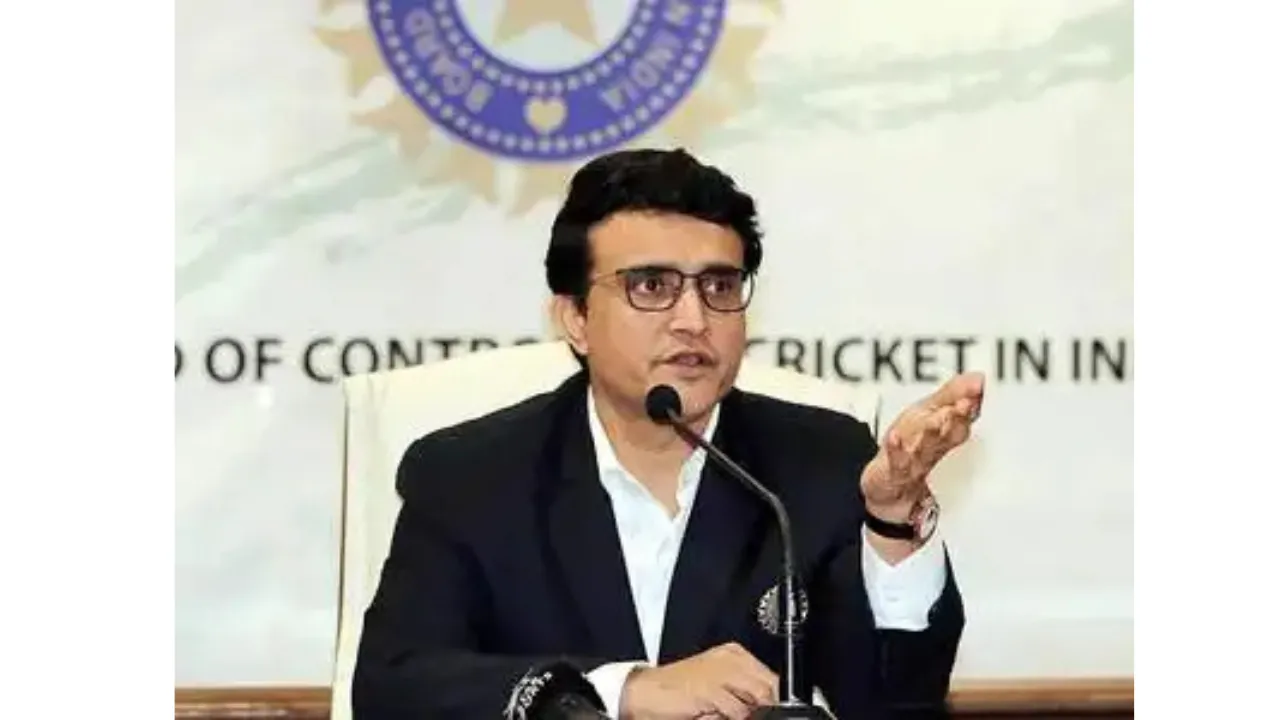Naukri.com, a prominent online job portal, has recently unveiled a fresh advertising campaign in collaboration with Lowe Lintas, signaling a bold new direction in its communication strategy. The campaign centers around two concise ad films, both meticulously crafted to resonate with the aspirations of a younger demographic actively seeking employment. The central message, unequivocally conveyed, is: “All’s fair when you love your career.”
These two short narratives specifically target Generation Z, the cohort encompassing individuals born between 1997 and 2012. The initial film unfolds within an office environment, depicting a young woman tendering her resignation to her manager in a manner strikingly reminiscent of a romantic breakup.
The manager, visibly affected by the departure, questions her decision with an emotional plea, “How can you do this to us?” Simultaneously, he gestures towards a sign held aloft by her colleagues, proclaiming, “We are one team.” Her resolute response, “I have dreams to pursue,” precedes her departure. A voiceover then affirms her perspective, stating, “We get it. All’s fair when you love your career.”
The second film also takes place within an office setting, capturing a young man’s farewell gathering. A coworker playfully remarks on the potential implications of his early exit on his curriculum vitae. The departing employee counters with the assertion that while the CV’s reflection remains uncertain, his bank balance will undoubtedly benefit. Once again, the validating voiceover reinforces the sentiment.
Sumeet Singh, the Group Chief Marketing Officer of Infoedge, the parent company of Naukri, shared insights into the conceptualization and execution of these ad films.
She began by addressing the portrayal of Gen Z in the campaign, challenging prevalent stereotypes. She characterized them as “an aware consumer” possessing qualities such as “being self-aware, entitled, bold, brave, courageous, more risk-taking, and less risk-averse. And definitely as ambitious, if not more than, the earlier generations.”
Addressing the potential for the ad films to inadvertently perpetuate the very stereotypes they aim to dispel, Singh clarified her perspective. “I don’t know whether there is a Gen Z stereotype or not. So in my opinion, specifically, I don’t think it’s stereotyping Gen Z. Every generation comes with certain characteristics, and if a large percentage of the population falls under those characteristics, then we actually start saying that these characteristics belong to the Millennials or Gen Z or, tomorrow, Gen Alpha. So I would not call it stereotyping at all.”
However, acknowledging the existence of stereotypes within the corporate sphere, Naukri initiated research driven by observations of common biases regarding Gen Z’s workplace attitudes. Concerns surrounding their loyalty, susceptibility to boredom, and aversion to weekend work were among the motivations for this research.
This undertaking sought to gain a deeper understanding of the factors influencing Gen Z’s job search behaviors.
“We conducted qualitative surveys with focus groups in bigger metros and some smaller cities, like Jaipur, Indore and Lucknow. The work was done about two years ago or maybe 18 to 20 months ago,” Singh elaborated regarding the research methodology employed to inform the ad films.
Considering the dynamic nature of the global job market, influenced by advancements in artificial intelligence and evolving immigration policies, the question arises whether the job-hopping depicted in the advertisements is a prudent approach.
“Firstly, the ad is not saying that change. The ad is not trying to say that you must change for your bank balance. The ad is trying to show an attitude. Whether you look at our ad last year, which was the carrot ad, or you look at the advertising this year, it’s really about saying that people are making changes,” Singh responded.
She further elaborated, “So we are saying, ‘Hey, listen, it should not be frowned upon because making the change does not mean that the person is frivolous and not serious about his or her career’. It is a decision that they have carefully considered. At Naukri, we are simply expressing our support for their decision.”
Naukri’s refined positioning, “Naukri for the ambitious,” appears to be yielding positive initial results. According to Singh, “Our initial reads of the campaign are excellent. We are seeing very good initial reads until now. Traffic is also up, you know, double-digit. So we are happy. We are hearing good things about the ads.”
Before concluding the discussion, Singh highlighted a previous impactful Naukri campaign launched during the corporate appraisal season. This campaign featured the installation of a giant peanut at Cyber Hub, Gurgaon, serving as a subtle commentary on the perceived inadequacy of appraisals received by employees. This campaign organically garnered significant attention, demonstrating Naukri’s ability to connect with the sentiments of the workforce it serves.
Video:
Author: Janvi Joshi
